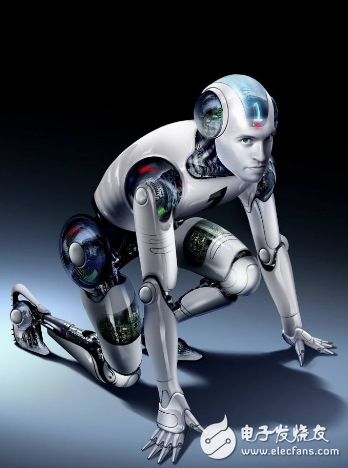As robots continue to take on tasks that are dirty, dull, and dangerous—once the domain of human workers—the transformation is not about eliminating jobs, but redefining them. While the robot revolution is approaching, it’s the nature of work that will change, not the existence of it. For the foreseeable future, fields that require human qualities like creativity, empathy, and social intelligence will remain safe from automation. In fact, this shift is expected to generate new job opportunities as well.
According to industry reports, with growing populations and increasing internet access, manufacturers are seeking efficient solutions that allow for faster, cheaper, and more scalable production. Industry 4.0 embodies this vision through automation, cloud computing, decentralized decision-making, IoT integration, and interoperability, enabling smarter and more efficient factories.

As factory automation advances, the International Federation of Robotics (IFR) estimates that over 1.4 million new robots were installed globally in 2019 alone. The manufacturing sector is likely to be among the first to fully embrace automation, reshaping how goods are produced.
However, there are areas where robots still struggle to match human capabilities. Tasks requiring creativity, emotional intelligence, human interaction, and social skills—such as advising, art, critical thinking, customization, personalized customer service, design, and empathy—are deeply rooted in human traits. These aspects are hard to replicate or interpret through machines, at least in the near future.
Computers excel at processing data, identifying patterns, and presenting visual information. Machine learning, especially in supervised learning, has proven powerful in handling large datasets, uncovering hidden flaws, and offering fresh perspectives. Rather than replacing humans, these technologies complement human strengths, combining logical reasoning with real-world intuition.
According to the Association for Safe International Road Travel, approximately 1.3 million people lose their lives each year in road accidents. This highlights one of the primary goals of self-driving technology: improving safety. The development of autonomous vehicles is an ongoing process that could fundamentally change transportation, redefining how we move and manage time.
This transformation isn't just about cars—it involves a complex interplay between vehicles, infrastructure, and mapping systems. Self-driving cars could also reshape our perception of time, turning commutes into productive or leisurely moments. As a result, industries like education, entertainment, and e-commerce may see new opportunities emerge.
Additionally, self-driving technology is expected to introduce features such as automatic parking, brake assistance, temperature monitoring, lane detection, night vision, pedestrian recognition, and traffic sign identification in the coming years. These advancements will further enhance the safety and efficiency of autonomous driving.
In summary, while automation is changing many aspects of work and daily life, it's not erasing human roles. Instead, it's creating new possibilities where human and machine capabilities can coexist and thrive.
Waspe Triple 60000 Puff 3 In 1 Flavor
Waspe Triple 60000 Puff 3 In 1 Flavor Vape Wholesale Price,Waspe Triple 60k Puff Cheap Disposable Vapes In Netherlands,Waspe Triple 60k Puffs Vape Pen
Shenzhen Essenvape Technology Co., Ltd. , https://www.essenvape.com